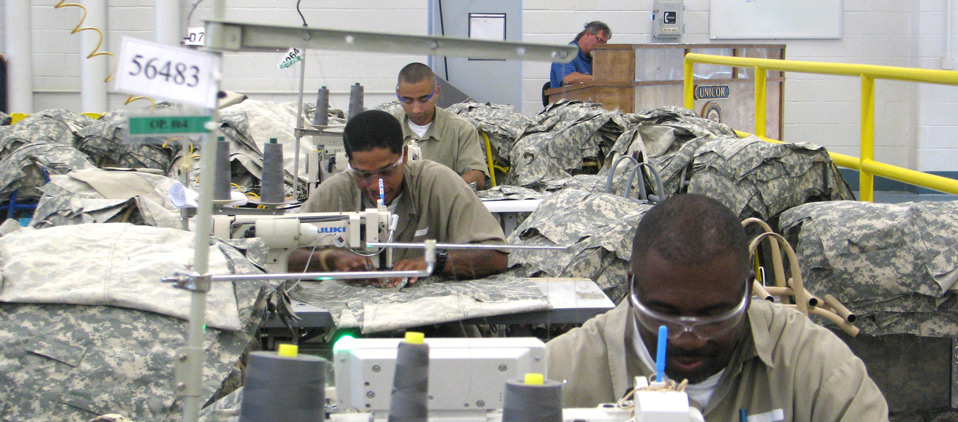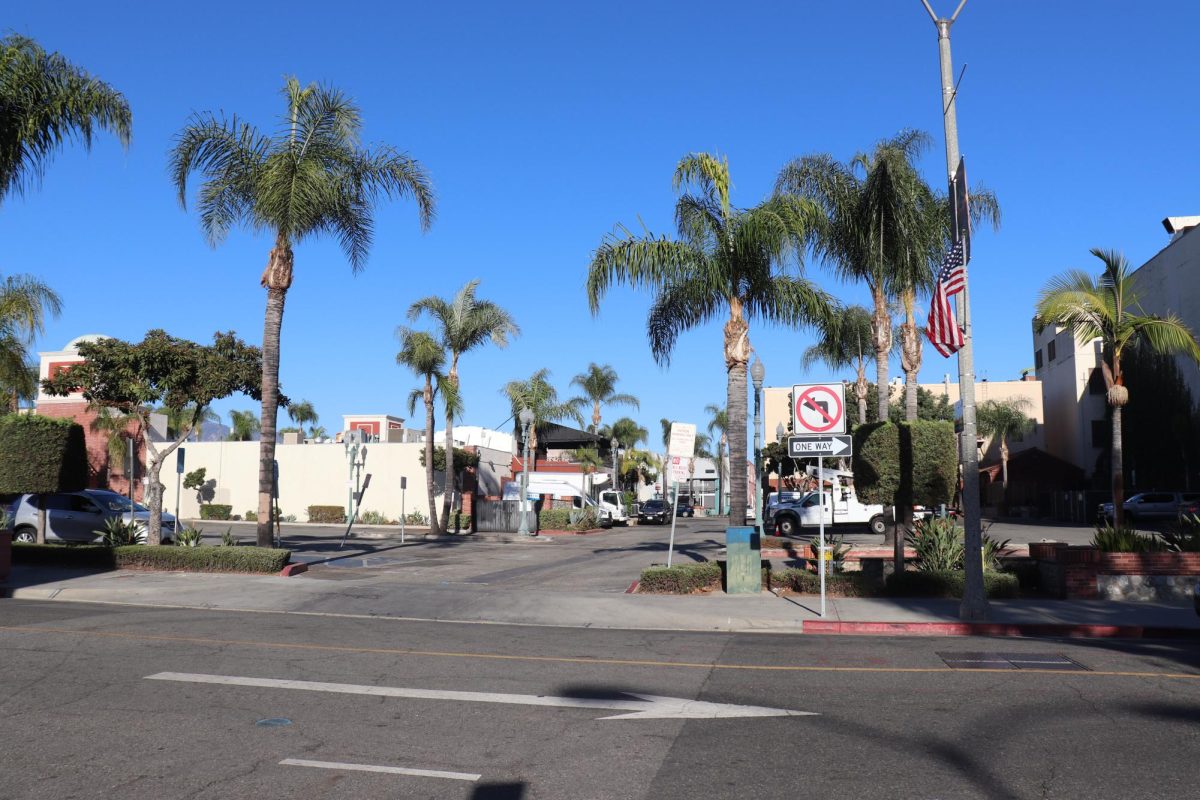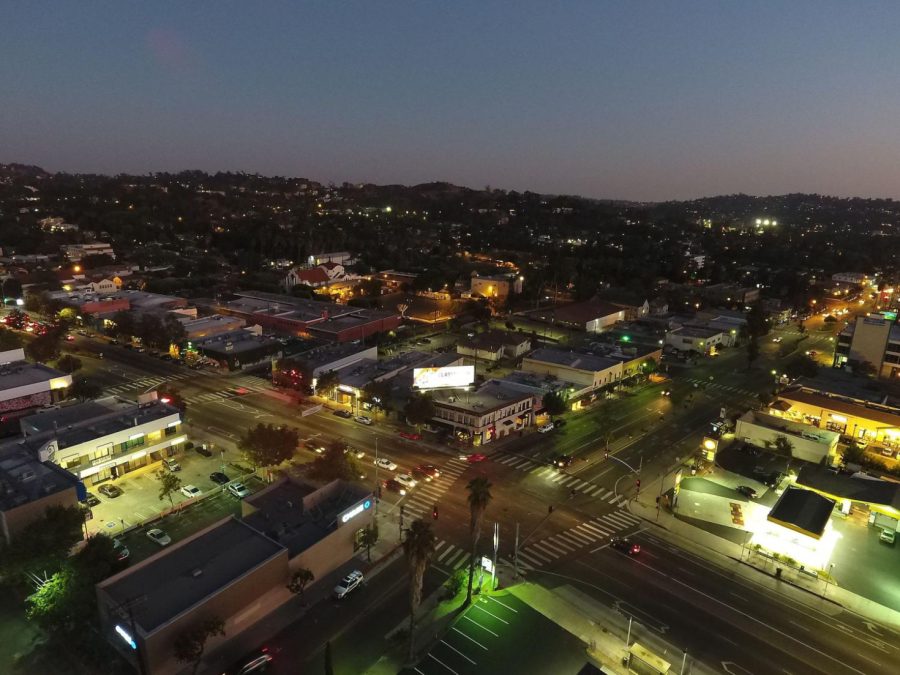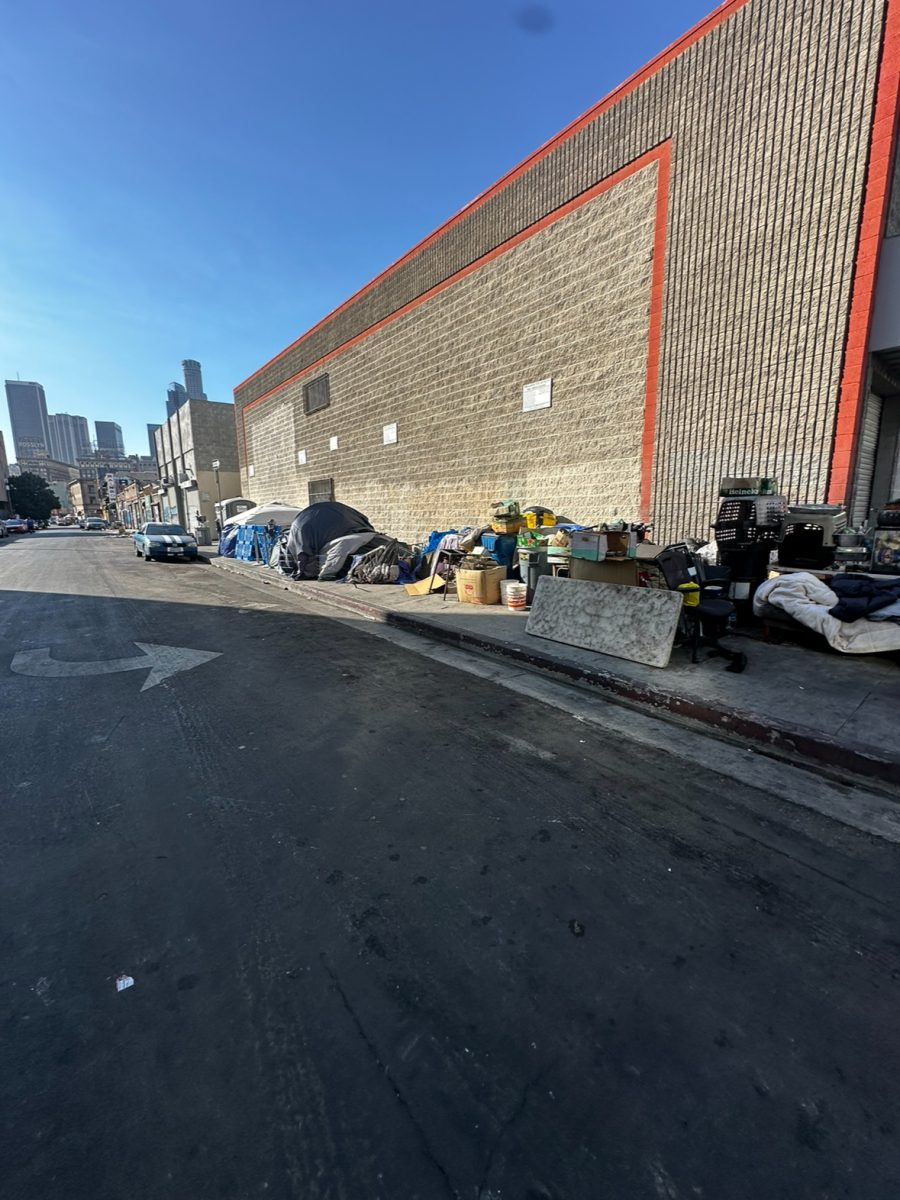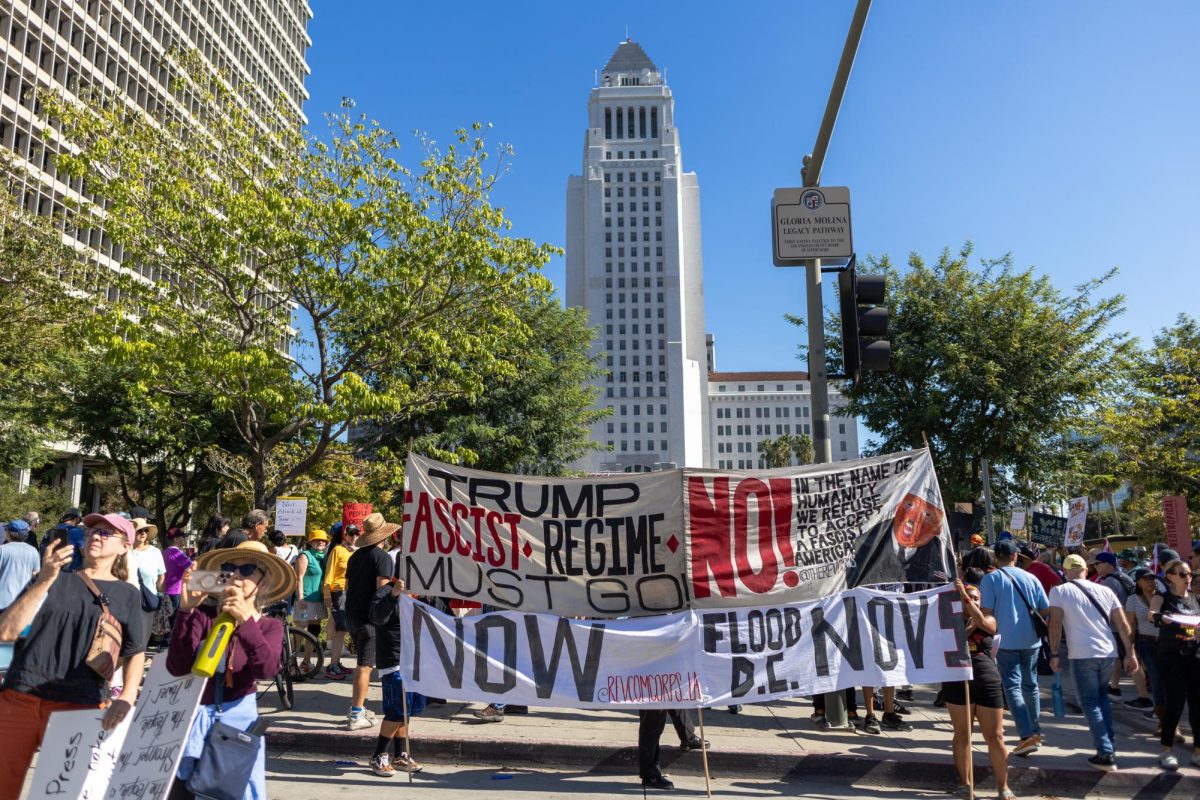Proposition 6, a state ballot measure that would prohibit California from using forced labor in prison, is supported by groups representing teachers, workers and civil and voting rights advocates.
A group that appears to be the measure’s sole public opponent, The Howard Jarvis Taxpayers Association, is worried about its impact on members of those groups and all taxpayers from the higher costs of running prisons without inmates as employees.
“Apparently, about a third of state prison inmates do work, and a lot of that work is related to the operation of the prison, like laundry, landscaping, and other things,” Susan Shelley, vice president of the group, told UT Community News. “If the prisons have to pay higher wages to persuade people to work or they have to bring outside workers to do the work, it’s going to cost the taxpayers a lot of money and we’re concerned about that because that raises the costs in the California budget, which is already in a hole with projected deficits for several years.”
Under the proposition, California prisons could still implement volunteer work programs to help reduce sentences while counties and cities would need to set up pay scales for inmates in jails.
“I would say the punishment is being confined in there, so adding to that, I don’t know if it would be effective. Maybe adding programs to rehabilitate instead of punishing the individual would be better,” said Diana Rivera, a third year psychology major at Cal State LA. “When you look at the history of Los Angeles, a lot of these roads and freeways were built by people who were imprisoned unfairly.”
Proponents of the state ballot measure argue that California has benefited for far too long from involuntary servitude, which is written in its constitution as quasi-free labor.
Under current state law, inmates can be required to work for pay that’s far below the minimum wage.
“Wages generally range from 8 cents an hour to 37 cents an hour, depending on the skill level required for the job,” according to the LA Times. That means that an inmate who works an eight-hour day can earn less than $3.
That sum is unacceptable, said Jacob Gonzalez, who lives in Chino and is a third-year psychology major at Cal State LA.
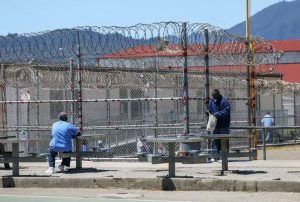
“To me, getting paid those amounts is a form of slavery,” Gonzalez said.
One thing some local residents seem to agree on is that inmates convicted of the worst crimes should not see a reduction in their sentences if they choose to work.
“There are certain crimes that are just irredeemable and do not merit an early release, like rape and murder,”said Kevin Garcia, who lives in and is a second-year student at Cal State LA.
People are more open to reduced sentences for less violent crimes such robbery and burglary — especially if the inmates demonstrate that there is some type of rehabilitation going on.
Prop. 6 proponents include ACLU California Action, Anti-Recidivism Coalition, California Democratic Party, California Teachers Association, California Black Legislative Caucus, California Labor Federation and League of Women Voters of California, according to Ballotpedia.

